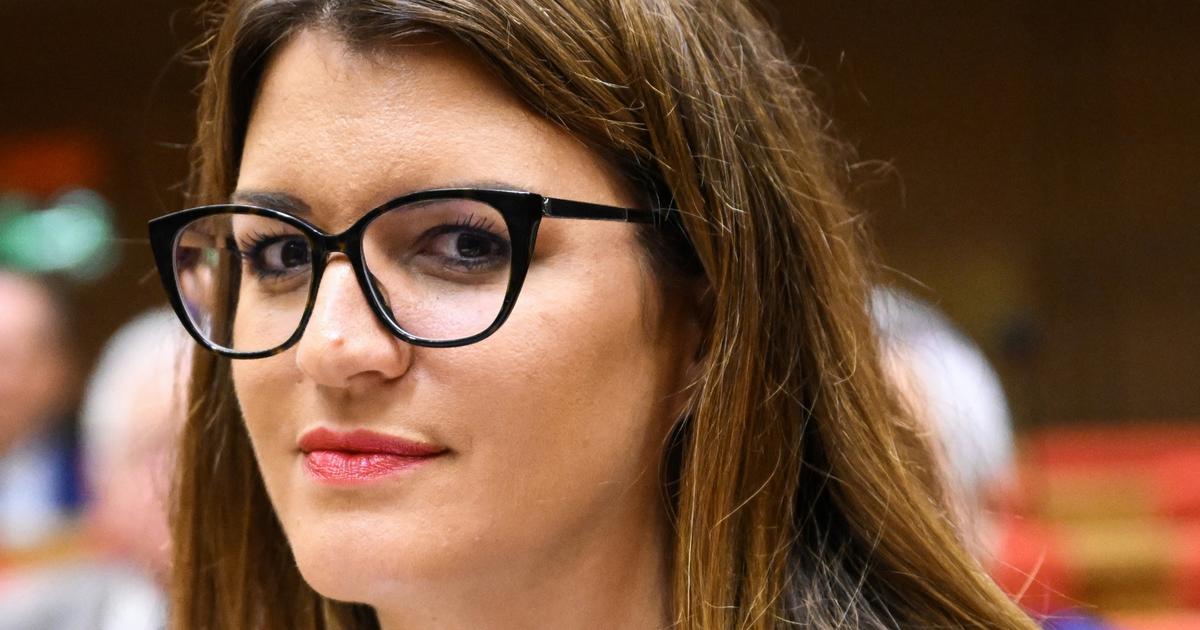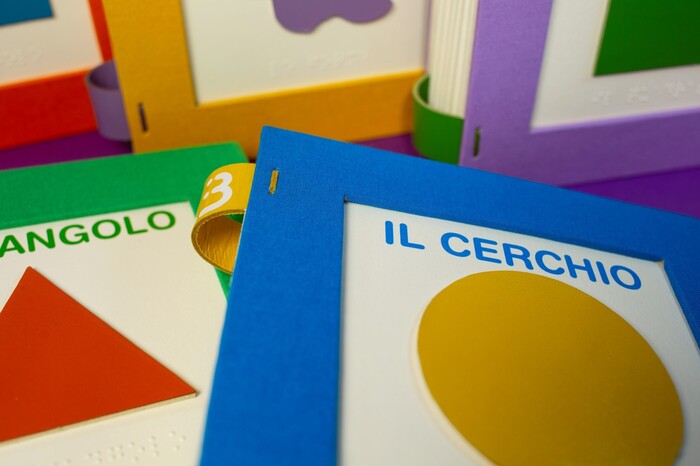They ask me very often why I like horror.
Why do I read and write terror, where does my taste for the macabre, the morbid, the creepy come from.
The question really bothers me: isn't Stephen King the most famous writer in the world?
Isn't
The Exorcist
one of the most watched movies in movie history?
It does not irritate me because the request implies my condition of rare, I am quite rare;
It annoys me because it is a thoughtless question that seems to ignore a sustained popularity and an ancestral drive: tell scary stories to learn to face fear;
talk about death to be able to accept (our) end.
In general I answer generalities, common sense phrases, or reinforce that, well, it is full of people who like terror (and full of people who do not, and so on).
But I perfectly remember those first readings, the ones that decided me to write scary stories - belatedly, because my first horror story appeared 20 years after I had published my first novel.
The meeting took place in the room of the house that we called “del piano”.
You don't have to imagine a fancy space or a sumptuous grand piano: I grew up in a tired, gray industrial suburb, and the house was modest.
My mother had taken piano lessons as a young girl, my grandfather bought it with great effort and, although she no longer played it, the instrument was still there.
"You have to always keep it closed," my grandmother used to say, "because if it remains open, the devil will touch it."
It was her way of teaching me to protect the keys - she was the first horror storyteller I ever met, and she was very effective.
'Wuthering Heights' did something physical to me.
Like a song, want to dance or a movie, to cry
That room had a large, unorthodox library.
My parents bought the cheap editions of Bruguera and Salvat and any other affordable book.
Also the Robin Hood collection especially for me, although they did not make a sharp distinction between books for children and for adults.
They didn't care.
There was no read control.
In that solitude of the black piano and the little room smelling of earth I found
Wuthering Heights
.
I began to read fascinated by that strange geography that, in the book, had no translation (they put "moor", not "páramo" as in other editions).
I imagined a black desert.
And suddenly, the guest of the house hears a girl crying in the open field.
A girl who, disconsolate because she wants to enter, breaks the glass and takes his hand fiercely, so fiercely that it cuts his skin and flesh against the broken glass.
The cold and cruel hand of the ghost girl.
I remember the thrill of reading that episode, the trembling euphoria of fear.
For the first time, literature provoked something physical in me, like a song made me want to dance or a movie made me cry.
How many such scenes would there be in that library?
I explored it.
I found those locked up for mad or sick by
Charlotte Brontë's
Jane Eyre
and
Frances Hodgson Burnett's
The Secret Garden
.
I found the ghost baby crying on the other side of the wall in a hotel in Montevideo in the story
La Puerta condemned,
by Julio Cortázar.
I found Poe and Lovecraft, but neither of them convinced me.
I really liked the
black cat
;
A few years later, I enjoyed
The Shadow Over Innsmouth
with real passion.
But I confess that the great gentlemen of the genre are not my most important influences, nor did they cause me memorable shudders on a first reading.
I always toured the peripheries.
In a beautiful edition of Minotauro I read
El País de Octubre,
by Ray Bradbury, and with 'The Next in Line', a story based on a couple's tourist visit to the Mexican Guanajuato mummies I felt a horror of hot and dry wind , very physical, as if Mary, the terrified woman, was under my skin, exhausted with anxiety.
That first Bradbury, also that of the
Martian Chronicles,
with his Martians disguising themselves as our beloved dead, is more important to me than Poe.
Closest.
An author capable of making a horror story starring the small crowd that gathers around those injured in the street;
capable of putting fear where it actually is: very close.
One Christmas in the eighties my uncle — who's not interested in literature — gave me
Stephen King's
Animal Cemetery
.
I think he only did it because the cover said
"best-seller."
I started reading on the 25th in the morning, after breakfast.
In the evening I was still reading, hypnotized and terrified.
In a horrible passage, after the unearthing of a child, I closed the book and threw it away, as a dangerous or unpleasant insect gets rid of.
Why was he willingly suffering like this?
How had this book made the entire real world a terrible, painful, unhappy place?
I went to get the book after walking around the house and, I think, pouring myself something cold, maybe a glass of
Coke.
And I finished it.
And I said to myself: I want to write this.
The Stephen King reveal was a shot of electricity.
I said to myself: I want to write this
The Stephen King reveal was the equivalent of a shot of electricity.
Make terror with both: with the ghosts of MR James and Elizabeth Gaskell, but adding to them our fears, the contemporaries and the locals.
The glow,
for example: yes, it is a man who goes mad in a haunted hotel.
But he is also someone who has broken his son's arm in a fit of anger, who tries to assassinate his family, who identifies with one of the entities that are hidden in the Overlook hotel, that of a man who was also a gender-violent.
Those twin girls were murdered by their father.
No ghost is just a ghost: they are the expression of a trauma.
Some are responsible for the horror.
Others say my death was unfair, I am here because I want to tell what they did to me, because I need reparation.
That reparation, of course, is impossible because the crime has already happened: if it happens, it is because we, the living, need comfort.
King is very generous and took me away from my parents' library, although I can still name some training texts found on those shelves: the 'Report on the blind' section of
On Heroes and Tombs,
by Ernesto Sabato, about that underground sect and today so wrong;
A Christmas Carol,
by Charles Dickens, with his Ghost of Christmas Present that hid two malnourished children behind its cloak.
The book of imaginary beings,
by Jorge Luis Borges, where I read about the
banshee,
the Celtic fairy that cries under the windows of someone who is going to die, and about the
hidebehind
(“hides behind”), a being that is always behind our backs, which we never see, not even out of the corner of our eye, but there it hides and one day he will decide to deliver the final blow.
Another turn of the screw,
by Henry James, who taught me mistrust;
Dr. Jeckyll and Mr. Hyde, a
book with which I understood that we all have the capacity for the beast, for violence and contempt.
I return to King and his generosity: in many of his books he mentions authors in the headings.
I decided to get them.
So I got to Shirley Jackson and her horror for the houses that I also suffer from, the domestic space as the most sinister when it is unable to protect us.
Peter Straub, so elegant;
Richard Matheson and Robert Bloch, so brutal.
I met many thanks to cheap compilations of stories that had very ugly covers and titles as clumsy as
Horror Vol. 1
or
The great book of terror:
my treasured Martínez Roca.
There I met again with Shirley Jackson and exemplary stories such as
The Lottery
or
The Holidaymakers;
with Ramsey Campbell, as uneven as it is fascinating;
with Clive Barker, who taught me about the horror of the body;
with Lisa Tuttle, master of nightmare management and depersonalization;
With the mega-rare Robert Aickman, whom I still don't understand, I don't know how he achieves that supreme unease, that scratch in reality after which there is no language left, only devastation.
The influences continue to this day.
My contemporaries inspire and teach me.
The night walks of Pilar Pedraza, the messages from a dead world by Thomas Ligotti, the young people devastated by the abuse of Mónica Ojeda - and her damaged witch girls -, the danger of nature and its gods in Laird Barron, the families of Paul Tremblay, the perverse grandparents of Emilio Bueso, the lifeless green fields of Samanta Schweblin, the hysterical worlds of Kelly Link, everything that is not said in the perpetual uncertainty of M. John Harrison.
Straub, one of the great teachers, wrote in 2008, as a prologue to his collection
Poe's Children:
"We are fortunate, both readers and writers, to participate in a moment of such breadth, luxury and promise."
I think he was right when he described current horror literature this way;
and that extraordinary moment continues.








/cloudfront-eu-central-1.images.arcpublishing.com/prisa/UN3R52DODVFLDBHY6QSGPVWNLU.jpg)






